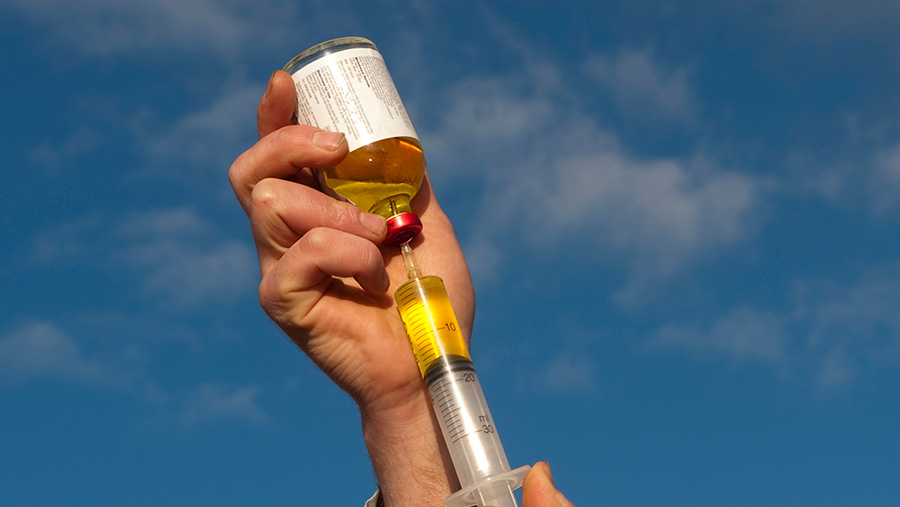Opinion: Government must help cut farming’s antibiotics use
 © FLPA/REX/Shutterstock
© FLPA/REX/Shutterstock Alexander Fleming’s accidental discovery of penicillin in a culture dish in his lab in St Mary’s Hospital, London in 1928 has to rank as one of the most significant yet serendipitous discoveries in medical history.
Without it, the world would be a very different place to the one we know today.
In revolutionising the treatment of bacterial infections, antibiotics quickly became a cornerstone of modern medicine, saving millions of lives in the process.
However, this has in turn been a significant contributory factor the explosion in world population we have witnessed in the past century and which continues apace today.
Key tool
 David Alvis is managing director of Yorkshire Dairy Goats
David Alvis is managing director of Yorkshire Dairy GoatsAntibiotics have also become, in parallel, a key tool in the food producer’s armoury, transforming the scale and intensity of livestock production needed to meet an exponentially growing demand.
See also: In praise of free movement of labour
Animals now account for almost half the world’s consumption of antibiotics and, despite efforts to reduce reliance on them, their responsible use remains fundamental to modern agriculture.
Yet as with so many of the fundamentals of life, it is one that we take for granted at our peril.
Social challenge
Nature has always had a way of fighting back and, in the case of antibiotics, that fightback is manifesting itself in the looming spectre of antimicrobial resistance (AMR).
It’s potentially one of the greatest social challenges of our time.
The situation is further exacerbated by a marked slow-down in the development of new antibiotic drugs in recent years, which despite their huge social value are not seen as sufficiently profitable for pharmaceutical companies to invest significant development funds in.
Big money
The big money is in drugs that treat long-term chronic conditions, not short-term fixes for bacterial infections.
And even if it were, the AMR problem is now seen as so great the emergence of any new class of “cure-all” antibiotics would almost certainly be met with calls for them to be kept in reserve, as a strategic last-ditch defence against emerging superbugs, further limiting their earning potential.
To quote the United Nations Food And Agricultural Organization Action plan on Antimicrobial Resistance published in September of this year: “AMR is a global problem. Resistant micro-organisms and genes do not recognise geographical or ecological borders.
“Resistance arising in one geographical location or species can spread with ease to other geographical locations through movements of food, water, animals and/or people; it can spill over into other species, impacting developed and developing countries alike.
“The containment of AMR requires a global approach combined at national level with concerted actions that span the policy and regulatory spheres, and with preventive actions and engagement with producers and other food value chain stakeholders.”
Short-term solution
Antibiotics usage in agriculture, while still a relatively minor part of the global AMR problem, is still a far too readily accessible and cheap short-term solution to a longer-term problem of sub-optimal husbandry and chronic underinvestment.
However, as we face a potential new wave of food price inflation, pressure will once again come on the supply-chain to reduce costs, making investment in new technology and infrastructure necessary to sustain efficient healthy food production increasingly challenging.
Initiatives such as Responsible Use of Medicines in Agriculture, that work throughout the supply chain to raise awareness of and focus on improving the responsible use of antibiotics in agriculture are to be applauded, but the challenge runs deeper.
This is one issue that governments cannot simply leave to the market to resolve.
There is a moral, economic and social imperative for all of us to ensure that this challenge is addressed holistically now and not swept under the carpet until it cannot be ignored any longer.

